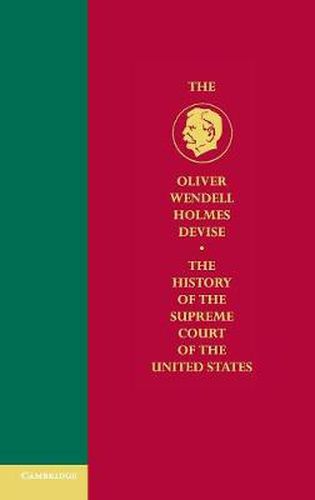Readings Newsletter
Become a Readings Member to make your shopping experience even easier.
Sign in or sign up for free!
You’re not far away from qualifying for FREE standard shipping within Australia
You’ve qualified for FREE standard shipping within Australia
The cart is loading…






A highly interpretive and eminently readable study of the Supreme Court during the period in which Melvin Fuller was Chief Justice, offering a complete account of the cases the Court saw during one of the most tumultuous times in U.S. history. The legacy of the Supreme Court at the turn of the century has largely been negative: decisions such as Lochner v. New York (1905), Pollock v. Farmers’ Loan & Trust Co. (1895), In re Debs (1895), and Plessy v. Ferguson have been seen by subsequent generations of lawyers and judges as embodying a judicial method and philosophy that should be avoided at all costs. This book places these decisions in their historical context. It rejects the crude instrumental interpretation of these decisions and explains them as the expression of a conception of liberty that has its roots in the founding of the nation.
$9.00 standard shipping within Australia
FREE standard shipping within Australia for orders over $100.00
Express & International shipping calculated at checkout
A highly interpretive and eminently readable study of the Supreme Court during the period in which Melvin Fuller was Chief Justice, offering a complete account of the cases the Court saw during one of the most tumultuous times in U.S. history. The legacy of the Supreme Court at the turn of the century has largely been negative: decisions such as Lochner v. New York (1905), Pollock v. Farmers’ Loan & Trust Co. (1895), In re Debs (1895), and Plessy v. Ferguson have been seen by subsequent generations of lawyers and judges as embodying a judicial method and philosophy that should be avoided at all costs. This book places these decisions in their historical context. It rejects the crude instrumental interpretation of these decisions and explains them as the expression of a conception of liberty that has its roots in the founding of the nation.